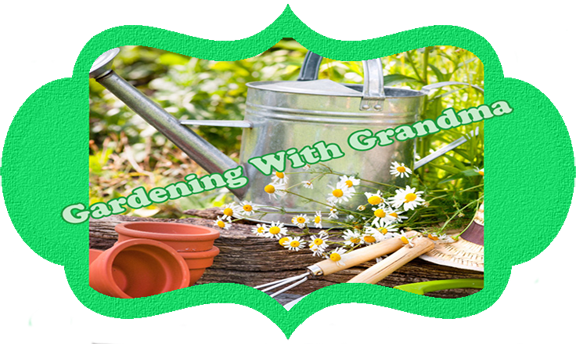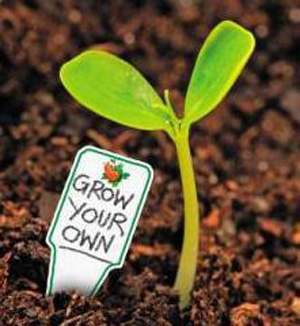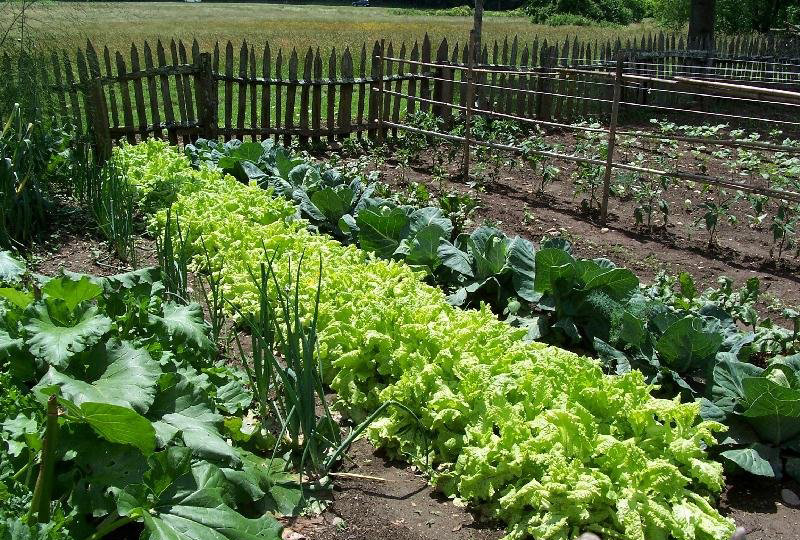
The best advice that anyone can give beginning gardeners is to start small.
You’d be surprised just how many new gardeners underestimate the amount of work that can go into a large garden.
Then by August when the weeds are overtaking their garden they become overwhelmed and
give up. By starting a small container, flower, kitchen or herb garden will allow
you to see what is involved and plan for next year’s garden.
Have a plan
Sketch out your plot to help uou make an estimate of how may plants you will need.
Visiting garden centers in the spring when gardening enthusiasm is high, we all tend to over buy plants and seeds.
Remember too, how tall tomatoes and corn will get and be sure not to shade other plants, or use that to your advantage to
shade things like lettuce that will enjoy a little break from the summer sun and heat.
Beginners will need some basic garden tools.
You may find some used ones at garage sales that will be less expensive than buying new, but in any case, buy tools that are sturdy and will give you many years of service.

You’ll find that starting plants such as tomatoes and peppers from seed will be less expensive than buying plants at the nursery.
Starting them inside can be a little tricky, though. Too early and your seedlings can become leggy from the low light conditions.
A good rule of thumb is to start them 8 weeks before the last frost date in your area.
It’s important that you start them in a window that gets at least 12 hours of direct sunlight each day or use a grow light.
Prepare your garden area before you buy plants so that you can get them into the ground as soon as you get home.
Soil improvement and preparation is an important step, especially if your soil has a lot of clay like ours.
If you;re planning on growing vegetables, be sure your garden gets at least 6 hours of sunlight each day.
Tip: Look around and see what trees might not have leaves in the early spring, but will shade your garden in the middle of summer.
Your garden will thank you!

Planting some vegetables like beans, lettuce, radishes, etc. in succession every week instead of planting them all at once will give you a steady supply of vegetables during the summer.
Beginning gardeners should plan on spending some time each day weeding the garden instead of letting the weeds get out of hand.
Tip: Mulch placed around your plants will help control the weeds.
Spending 5 to 10 minutes weeding your garden can be a relaxing part of each day.
Depending on your situation, make it the beginning or end of the day instead of making it a grueling marathon on the weekend.
This is a great way to think about the day ahead or reduce stress after a long day.
Keeping a garden diary of when things are planted and how they do, can also help you can plan for next year.
Start simple and get advice from your local independent garden center. They have the experience to tell you what varieties will grow best in your area.
Your county agricultural extension office will also have great advice for your locality.

